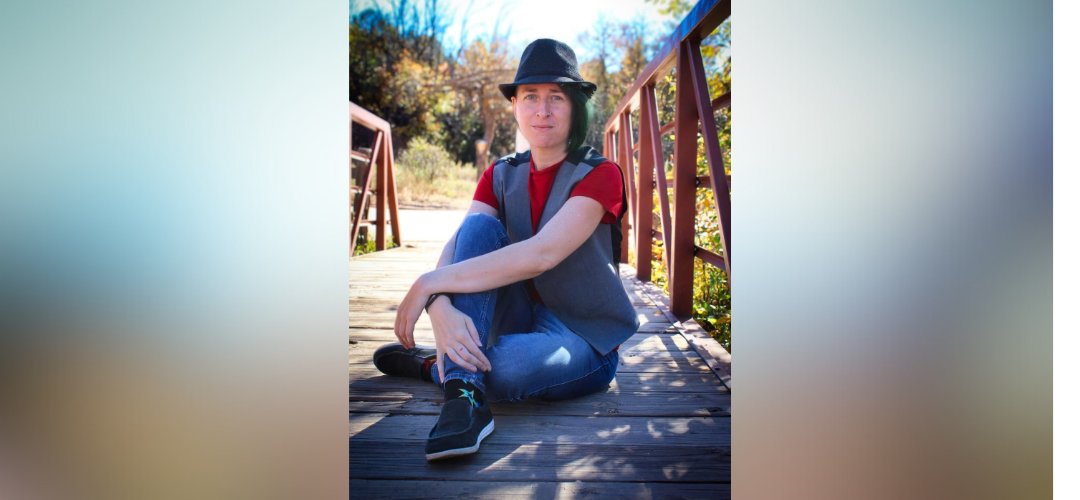Our hope at The Seattle School is to be led by our alumni and their stories–how they labor to live out their calling among the people and communities they serve. Recently we had the opportunity to catch up with Cairn Yakey MACP ’16 and understand how The Seattle School helped shape their path.
What brought you to The Seattle School?
When I started researching grad schools, I got curious about my own journey in therapy. There were therapists that I did not connect well with, and others that I look back with a lot of gratitude for the work that we did. It felt clear to me that when I felt invited and accepted, as well as seen and deeply known, that the work in those relationships was powerful. I came to The Seattle School because I wanted to learn how to attune with, journey alongside, see the beauty in, and empower each person who comes to my office.
When you came to The Seattle School, why did you decide to go through your degree program?
I first thought about being a therapist in 2002. I was volunteering on a sexual assault hotline, and doing advocacy work. I look back at my journey and think about Jonah, except Jonah was only swallowed by a fish once, as far as we know. The invitation came back several times, and it wasn’t until 2012 that I felt the invitation and thought, I think becoming a therapist is my next season.
What did you hope you would be able to do following graduation?
When I first came to The Seattle School, I wanted to keep my expectations open. Except, I did think I in no way wanted to work with children. Which come to internship, there I was, working with children and adolescents. I had a desire to work with trauma, however I left it open to be revealed to me what that could look like.
How has your work today been informed by your education at The Seattle School?
My time at The Seattle School continues to inform my practice as I witness the beauty of humans coming alive, and increasing their understanding of the intersecting layers of who they are, and how they show up in the world.
What inspires you or gives you hope?
I’m in awe of my clients, and the work that they do. The small steps, and the big steps. In class I once heard Dan Allender say, “Love changes people always.” It gives me hope to see people bravely stepping into trauma work, and the impacts it has not only on their lives, but also the lives of the people around them.
What does flourishing and service to God and neighbor look like in your life?
When I think about flourishing and service to God and neighbor, I think about how I am loving God, loving self, and loving neighbor. I often feel most connected to and in service to God in nature, and in community. I often think about how I am both stewarding the planet well, and relationships in community. When I think about loving myself, I think about the continued work I do on my own story, not only for my healing, but also for how I am engaging with and raising my children. Neighbor can not only be a community both small and wide, but also my clients. I am mindful of how I show up in community, and the impact that I have. I am also intentional about how I set up and run my practice, as well as how I sit with my clients.
Who are the people who support your flourishing, and what practices do you engage that help you flourish?
Friends, found family, and colleagues who come alongside me have been necessary. One practice I have learned is communicating my needs. I have found these relationships to be supportive not only when they check in with me because they care about me, but also when I communicate when I am struggling, and how I can be supported. Having a going to, and leaving work ritual has been supportive of my awareness of what I am carrying in my body and mind. Playing music and creating art is not only a practice I find helpful, but also connects me to community. Being in nature is another important practice. Whether that is going for a hike, sitting next to a creek, or walking a labyrinth, I find spending time in nature to be grounding and a place for processing and reflection.
What is one piece of wisdom or advice you would give to prospective students interested in pursuing the same degree program as you?
Be open. You are about to learn a lot about not only therapy but also yourself. Be kind to yourself. Be mindful of what you say yes to, and what you say no to. Also, get support if you need it. I am grateful for the disability accommodations that helped me be successful in the program.
Learn more about our Master of Arts in Counseling Psychology program.


